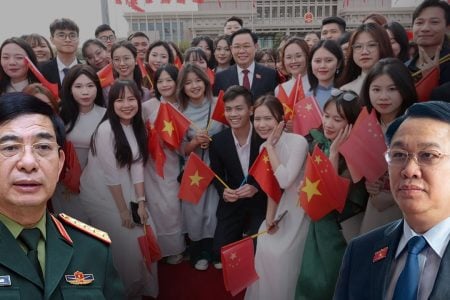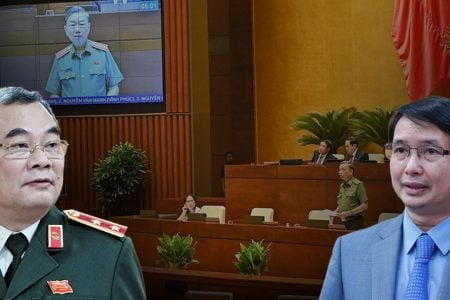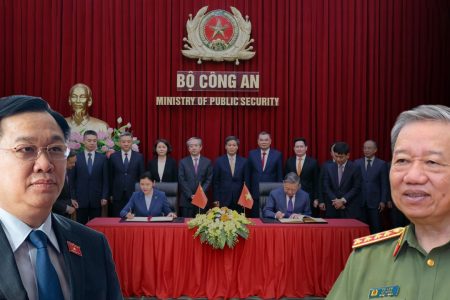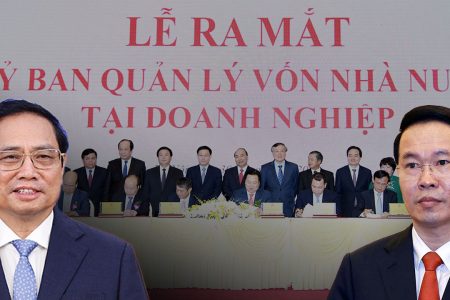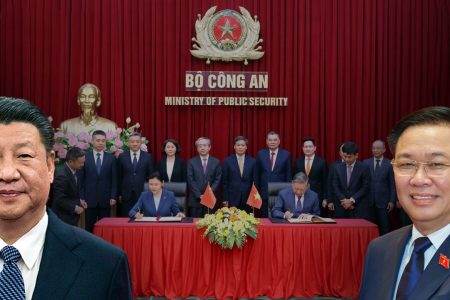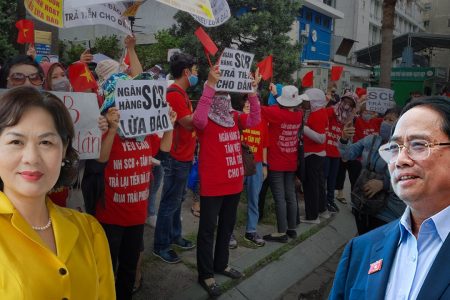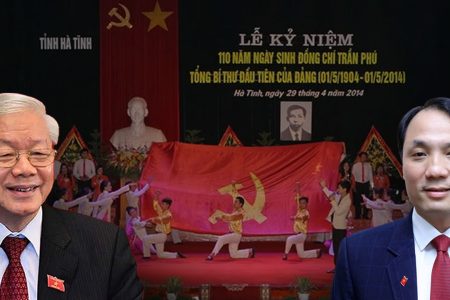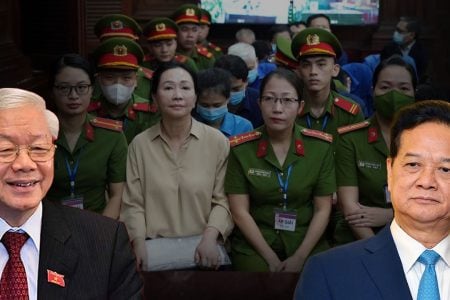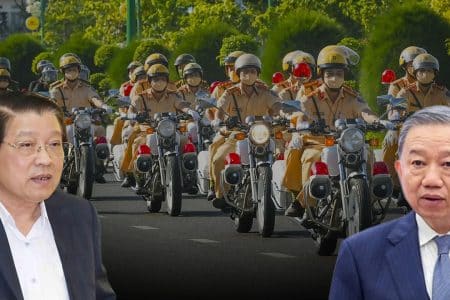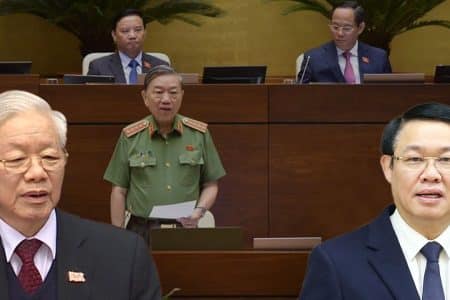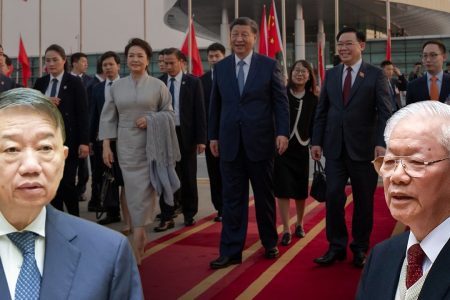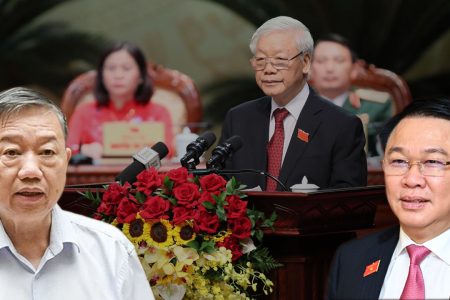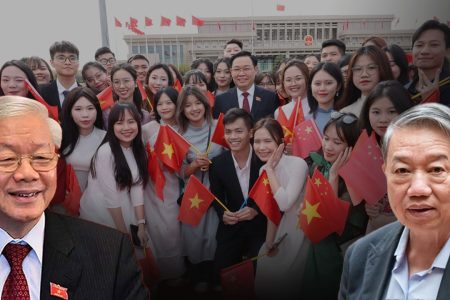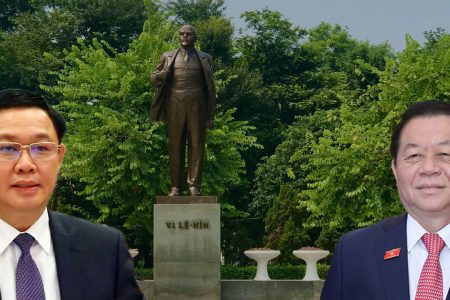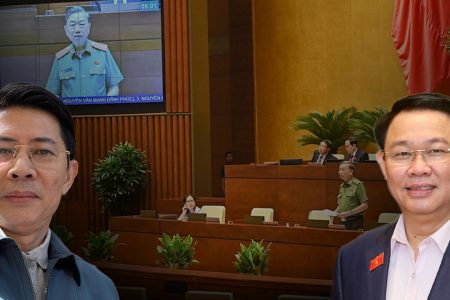
Vietnam and Russia have just held a conference to review 30 years of cooperation in embalming late President Ho Chi Minh’s body – described by the VNA as a “symbol of friendship between Vietnam and the Russian Federation” – on May 30 in Moscow.
Speaking at the conference, organized by the Management Board of Ho Chi Minh Mausoleum in collaboration with the Vietnamese Embassy in the Russian Federation and the Russian Federation’s Research Institute of Medicinal Materials and Essential Oils, Vietnamese Ambassador Dang Minh Khoi emphasized the “close and sustainable” relationship between the two countries as “faithful friends.” He acknowledged the support of Russian exports to Vietnam in many fields, including “cooperation in absolutely safe protection of late President Ho Chi Minh’s body,” VNA reported.
Vietnam and Russia have signed a direct cooperation agreement between the Management Board of Ho Chi Minh Mausoleum and VILAR Institute in embalming the body of the Communist Party leader since 1992 and are currently implementing a cooperation agreement for the 2021-2025 period.
“The cooperation over the past 50 years between the two countries in this field has been extremely successful. Former Soviet experts and today’s Russian friends have devoted all their hearts and most respectful feelings to President Ho Chi Minh, affection for the country, people and people of Vietnam, help us overcome all difficulties and challenges,” VNA quoted Ambassador Dang Minh Khoi as speaking at the conference.
Director of VILAR, Academician Nikolai Sidelnikov, said that over the years, the Institute has worked closely with the Mausoleum Management Board to set up the Vietnam-Russia Medical Science Council at the national level to assess the state of the President Ho Chi Minh’s body. In 2019, a panel of Vietnamese and Russian experts assessed that the body was still in good condition, without any change in data compared to the autopsy data recorded in the previous assessments.
The Institute added that in the past time, it has sent more than 200 experts to work at the Mausoleum Management Board. On the contrary, the Institute also received more than 100 visits from officials from the Mausoleum Management Board to study, do scientific research, and conduct short-term training on topics.
At the conference, Vietnam awarded medals to individuals and collectives who contributed to preserving Ho Chi Minh’s body.

The embalming of Ho Chi Minh’s body has been a “top-secret decision” of the Politburo of the Communist Party of Vietnam since 1967, when Ho Chi Minh’s health showed signs of deterioration, as revealed by the Ho Chi Minh Mausoleum Protection Command in 2019 on the occasion of the 50th anniversary of preserving the body of the Communist Party leader.
Over the years, the preservation of the body and maintenance of activities at the Ho Chi Minh mausoleum has caused a lot of controversy among the public when the cost to operate this complex is considered too expensive and contrary to the Ho Chi Minh’s wish to be cremated.
Ho Chi Minh Mausoleum was officially started on September 2, 1973, four years after the Communist Party leader died and was inaugurated on August 29, 1975.
The cost of operating this complex is still not disclosed annually, but in order to operate and be responsible for maintaining and protecting it, there must be a Mausoleum Management Board together with the Mausoleum Protection Command of the Ministry of National Defense, Division and Regiment 375, and Guards Command K10 of the Ministry of Public Security.
In a rare state budget estimate released by the government, the budget for the Mausoleum Management Board in 2016 was VND 318.73 billion.
Thoibao.de (Translated)




